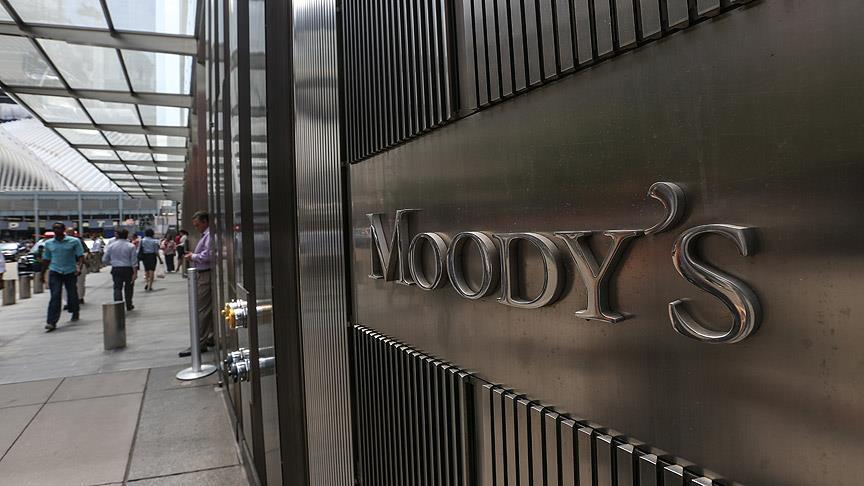Moody's: Economic reforms to facilitate economy flexibility

By Leman Mammadova
In recent years, various economic reforms have been carried out in Azerbaijan that can play an important role in supporting the flexibility of the economy and the stability of the foreign exchange market, Christian Fang, Moody’s Country Risk Analyst, said at the annual Moody's conference on Azerbaijan in Baku.
He said that at present, Azerbaijan is still heavily dependent on energy resources.
“But at the same time, the positive fact is that the break-even oil price for Azerbaijan is significantly lower than the average oil price at present and it is lower than in countries with similar ratings, such as Kazakhstan and the UAE,” Fang noted.
In turn, Moody’s Senior Analyst in Financial Markets Petr Paklin said that the gap between large and other banks in Azerbaijan will increase in the coming years.
“The events in the banking sector of Azerbaijan in the last 3-4 years have led to the fact that three banks - PASHA Bank, Kapital Bank and Xalq Bank - increased their market share to 35 percent of total assets of the banking sector,” he noted.
Paklin added that the sector has been generating profit for the third year already, but this profit is generated mainly by the three above-mentioned banks and the International Bank of Azerbaijan.
“We do not see serious factors of reducing the gap, but a solution to the issue of problem loans may have a positive effect on a number of banks specializing in consumer loans,” he stressed.
During the conference, Denis Perevezentsev, Moody’s Senior Credit Officer, spoke about expected oil prices.
Moody’s predicts oil prices at $50-75 per barrel for 2019-2020, he said. “We believe that WTI prices in the medium term (within the next 12-18 months) will fluctuate between $50 and $70 per barrel, while the cost of a barrel of Brent crude oil will be between $55-75.”
In his words, oil prices have rebounded in recent months due to a number of factors, in particular, due to the geopolitical situation in Venezuela and Libya, as well as the uncertainty regarding licenses to import oil from Iran.
“We think that in the near future the U.S. may revoke licenses or significantly reduce import quotas. This may give us an impetus to revise forecasts,” the senior analyst added.
---
Leman Mammadova is AzerNews’ staff journalist, follow her on Twitter: @leman_888
Follow us on Twitter @AzerNewsAz
Here we are to serve you with news right now. It does not cost much, but worth your attention.
Choose to support open, independent, quality journalism and subscribe on a monthly basis.
By subscribing to our online newspaper, you can have full digital access to all news, analysis, and much more.
You can also follow AzerNEWS on Twitter @AzerNewsAz or Facebook @AzerNewsNewspaper
Thank you!
